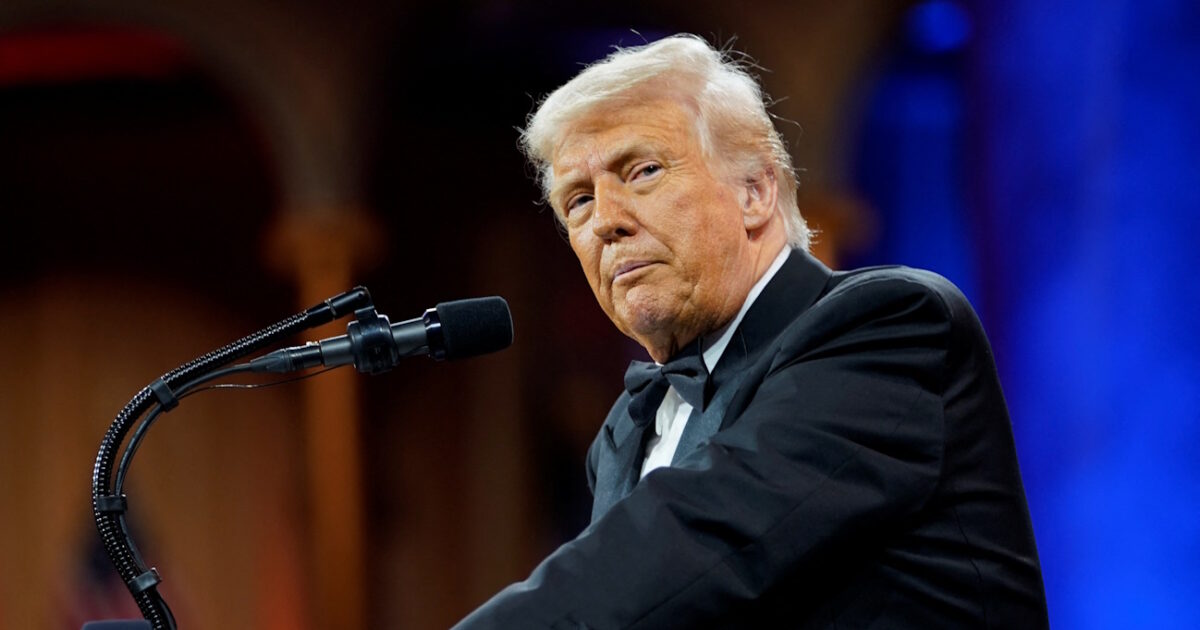Research on ascertaining the “impact on national security” of imports of pharmaceuticals and semiconductors began yesterday (14.4.25) the Ministry of Trade USA, paving the way for possible duties.
This research is the first necessary step to allow Donald Trump to sign an executive decree to impose customs duties on two specific areas of activity, targeting the US President after returning to the White House in January.
The investigation will take place today (15.4.25) for comments and public consultation, a process that is expected to take 21 days at most. A law article is utilized that allows the president to impose customs duties on products if it is found that the volume of their imports raises a risk to national security.
When the French Agency contacted them, none of the major pharmaceutical industries, nor the Association of Pharmacy Professionals (ASHP) did not want to comment.
For his part, the White House recalled that “President Trump was perfectly clear about the importance of re -installing (in the US) industries necessary for our national and economic security.” This step was “in the application of the will of the President to the Ministry of Commerce to conduct this research on medicinal products and semiconductors”.
This provision, voted in 1962, was almost never used before Donald Trump, during his first term, exploited it to justify the imposition of customs duties on steel and aluminum.
The Republican again cited this clause, known as Article 232, to re -proceed in mid -March to impose a 25% customs duties on steel, aluminum and vehicles imported into the US.
US President Trump has turned duties into a cornerstone of his economic policy and a major diplomatic tool in order to extract concessions from other countries.
